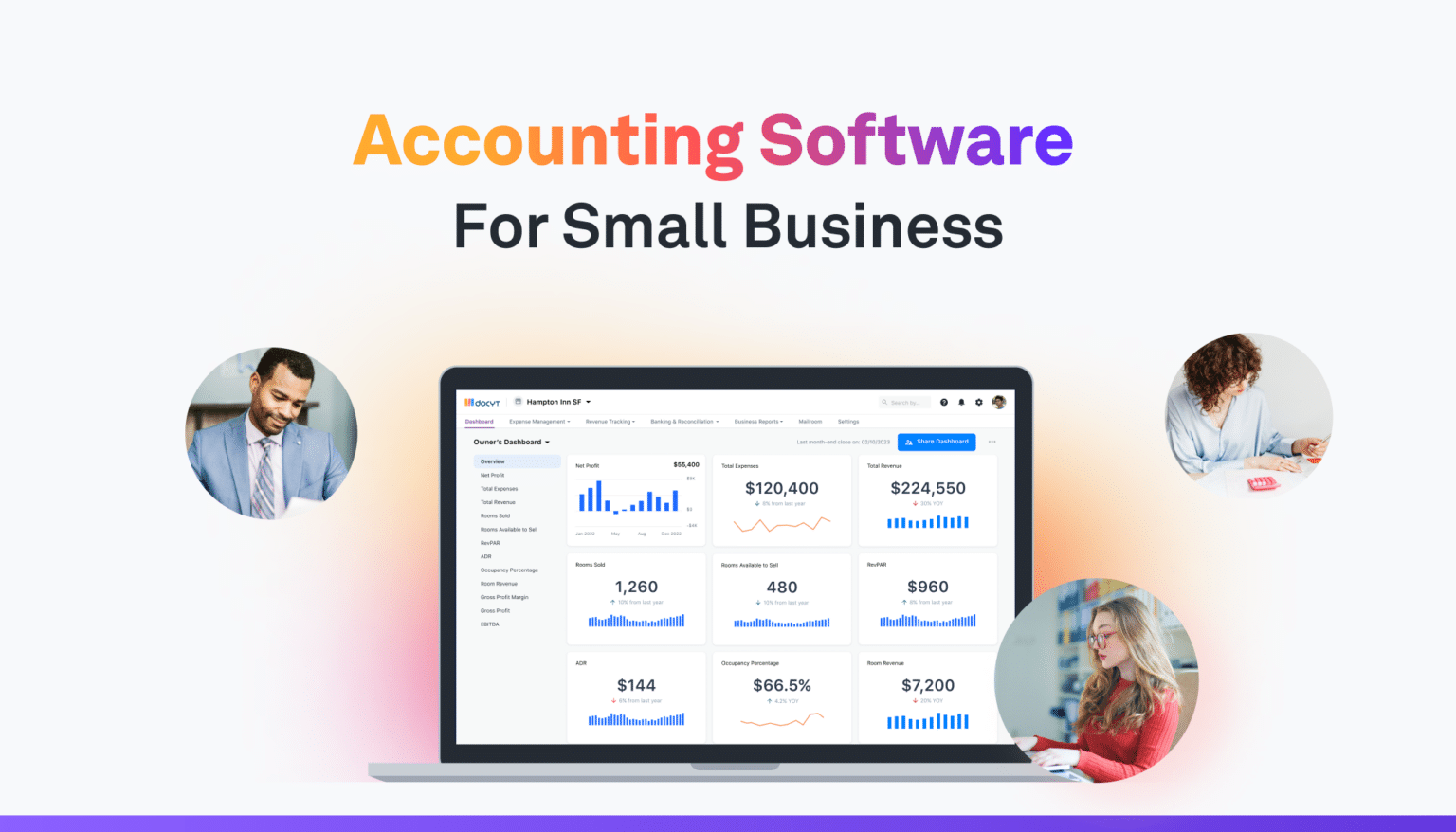Unlocking Success: How Accounting Software Transforms Your Business
In today's fast-paced business environment, efficiency and accuracy are paramount to success. As companies strive to keep up with evolving market demands and complex financial landscapes, accounting software for business emerges as a transformative tool that can significantly streamline operations. Gone are the days when manual bookkeeping and spreadsheets dominated the financial management process; modern accounting solutions offer a robust framework for managing finances with ease.
Implementing accounting software can unlock a multitude of benefits, from enhancing data accuracy to improving decision-making capabilities. With real-time insights into financial health and automated reporting features, businesses can make informed choices and focus on growth rather than getting bogged down in paperwork. As we explore the advantages of accounting software, it becomes clear that this technology is not just a luxury but a necessity for businesses aiming to thrive in a competitive market.
Benefits of Accounting Software
Implementing accounting software for business significantly enhances accuracy in financial reporting. Manual calculations are prone to errors, which can lead to costly mistakes over time. Automated systems eliminate human error by ensuring that calculations are consistently accurate. This reliability not only instills confidence in the financial data but also supports informed decision-making for business growth.
Another major advantage is the time-saving aspect of accounting software. With automated processes, tasks such as invoicing, payroll management, and financial tracking can be completed quickly and efficiently. This allows business owners and employees to focus on core activities rather than spending hours on bookkeeping. The time saved can be redirected towards strategy development and customer service, which are crucial for business success.
Furthermore, accounting software provides valuable insights through real-time data analytics. Users can access dashboards and reports that illustrate financial performance, cash flow, and budgeting outcomes at any moment. This level of visibility into financial health aids in identifying trends and potential issues early on. Ultimately, the ability to make data-driven decisions fosters strategic planning and increases overall operational efficiency.
Key Features to Look For
When selecting accounting software for business, it's essential to consider user-friendliness. A software solution should offer an intuitive interface that allows both finance professionals and non-experts to navigate easily. Time-saving features like customizable dashboards and straightforward reporting tools enable quick access to critical financial data, making it easier for users to understand their finances without extensive training.
Another vital feature is automation, which significantly reduces manual data entry and minimizes errors. Look for software that can automate routine tasks such as invoicing, payroll processing, and bank reconciliations. Automation not only streamlines operations but also frees up valuable time for business owners and finance teams to focus on strategic decision-making and growth opportunities.

Lastly, robust reporting and analytics capability is crucial. The accounting software should provide comprehensive reporting options that offer insights into financial performance, cash flow, and budgeting. Advanced analytics features can help businesses identify trends, forecast future revenues, and make informed financial decisions. Choosing software with strong reporting capabilities will empower business leaders to drive their organizations toward success.
Choosing the Right Software for Your Business
Selecting the appropriate accounting software for your business is a critical decision that can significantly impact your financial management. Start by assessing your specific needs, such as the size of your business, the complexity of your financial transactions, and the features you require. For instance, small businesses may prefer user-friendly solutions that manage invoices and track expenses, while larger enterprises might need more advanced functionalities like automated reporting and multi-currency support.
Consider the scalability of the software as your business grows. It is essential to choose a solution that can adapt to increasing demands without requiring a complete overhaul. Look for software that offers flexible pricing plans, allowing you to add features or capacities as your operations expand. Additionally, consider how well the software integrates with other tools you already use, such as customer relationship management systems or inventory management software, to streamline your processes further.
Finally, prioritize user support and training. The software you choose should come with comprehensive customer service options, such as live chat or dedicated account managers, to assist with any issues that may arise. Training resources like tutorials, webinars, and documentation can also help your team get the most out of the software. By taking these factors into account, you can select an accounting software solution that will not only meet your current needs but also support your business as it evolves.